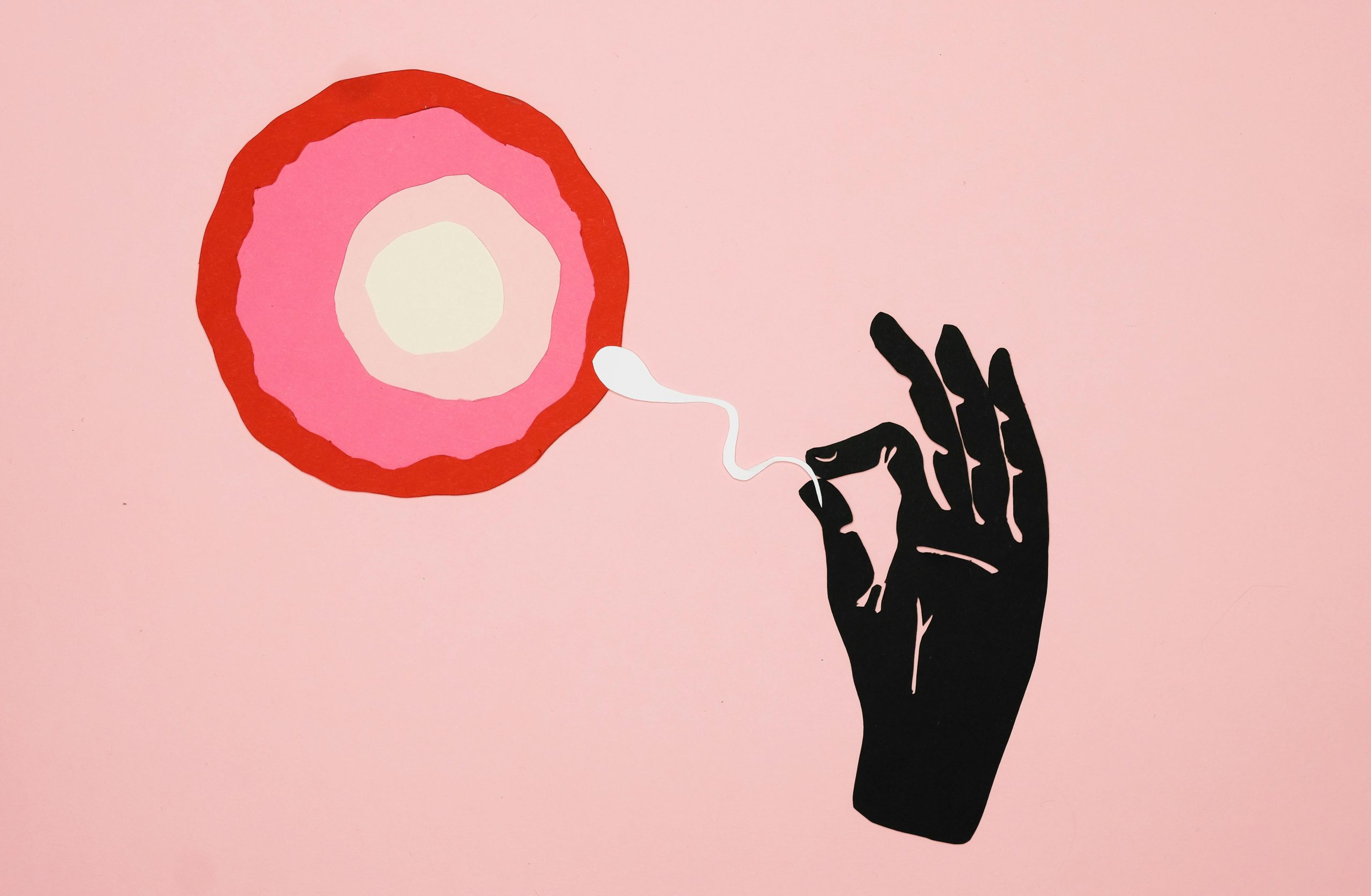Low sperm count, medically known as oligospermia, is a condition characterized by a lower-than-normal number of sperm in a man’s semen. This condition can impact fertility https://mfcfamily.com/ and is a common concern for couples trying to conceive. In this blog, we’ll explore the potential causes of low sperm count and the treatment options available.
Causes of Low Sperm Count
Understanding the causes of low sperm count is crucial for effective treatment. Several factors can contribute to oligospermia, including:
1. Medical Conditions
- Hormonal Imbalances: Issues with hormones that regulate sperm production, such as low testosterone or problems with the pituitary gland, can lead to low sperm counts.
- Genetic Factors: Conditions like Klinefelter syndrome (an extra X chromosome) or Y chromosome microdeletions can affect sperm production and function.
- Infections: Certain infections, including sexually transmitted infections (STIs), can impact sperm health and production.
2. Lifestyle Factors
- Substance Abuse: Use of substances such as alcohol, marijuana, and anabolic steroids can adversely affect sperm production and quality.
- Obesity: Excess body weight can lead to hormonal changes that negatively impact fertility.
- Heat Exposure: Frequent use of hot tubs, saunas, or tight clothing can raise the temperature of the testicles, decreasing sperm production.
3. Environmental Factors
- Toxins and Chemicals: Exposure to environmental toxins, such as pesticides, heavy metals, and industrial chemicals, can harm sperm production.
- Radiation: Exposure to radiation or certain types of medical treatments can affect sperm health.
4. Age
- As men age, sperm production may decline, and the quality of sperm may be affected, leading to potential fertility https://mfcfamily.com/ challenges.
Treatments for Low Sperm Count
When diagnosed with oligospermia, various treatment options can help improve sperm count and overall fertility. Here are some approaches:
1. Lifestyle Modifications
- Diet and Exercise: A healthy diet rich in antioxidants, along with regular physical activity, can improve overall health and boost testosterone levels.
- Avoiding Toxins: Limiting exposure to environmental toxins and chemicals can help protect sperm health.
- Weight Management: Achieving and maintaining a healthy weight can positively impact hormone levels and sperm production.
2. Medical Treatments
- Hormonal Therapy: For men with hormone imbalances, treatments may include hormone replacement therapy or medications to restore normal levels of testosterone or other hormones.
- Surgery: In cases where a medical condition, such as a varicocele (enlargement of veins in the scrotum), is causing low sperm count, surgery may be recommended.
3. Assisted Reproductive Technologies (ART)
If treatments are not effective, couples may consider assisted reproductive techniques https://mfcfamily.com/, including:
- Intrauterine Insemination (IUI): Sperm is directly injected into the uterus during ovulation.
- In Vitro Fertilization (IVF): Eggs are retrieved and fertilized outside the body; the resulting embryos are placed into the uterus.
4. Medication for Underlying Conditions
Addressing any underlying medical issues, such as infections or genetic disorders, is essential to improving sperm production.
Low sperm count can be a challenging diagnosis for couples trying to conceive, but understanding the causes and exploring treatment options can significantly enhance the chances of successful conception. If you suspect you have a low sperm count or are experiencing fertility issues, it’s essential to consult a healthcare professional https://mfcfamily.com/for a thorough evaluation and personalized treatment plan. With the right approach and support, many men are able to improve their sperm count and achieve their fertility goals.

